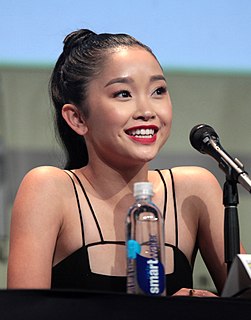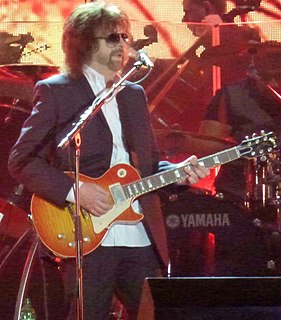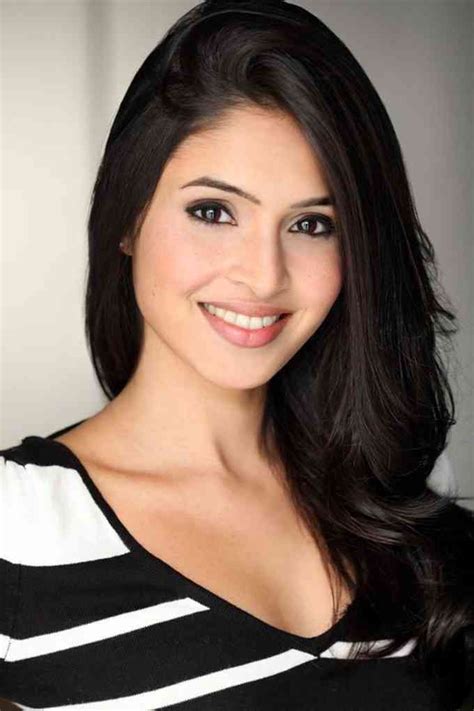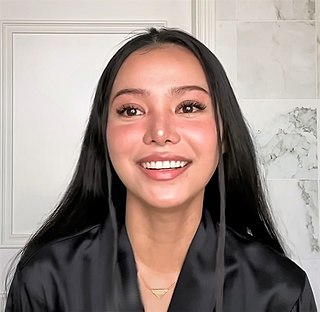A Quote by Maya Lin
Growing up, I thought I was white. It didn't occur to me I was Asian-American until I was studying abroad in Denmark and there was a little bit of prejudice.
Related Quotes
There's a misconception that I can't relate to the quote-unquote 'Asian-American experience' because I didn't grow up with an Asian mom and dad. And that's just not true. I am Asian American, and so playing a girl who is half Korean, half white, but her white dad tried really hard to connect with her mom's heritage - that's very familiar to me.
We cannot educate white women and take them by the hand. Most of us are willing to help but we can't do the white woman's homework for her. That's an energy drain. More times than she cares to remember, Nellie Wong, Asian American feminist writer, has been called by white women wanting a list of Asian American women who can give readings or workshops. We are in danger of being reduced to purveyors of resource lists.
I wish people wouldn't just see me as the Asian girl who beats everyone up, or the Asian girl with no emotion. People see Julia Roberts or Sandra Bullock in a romantic comedy, but not me. You add raceto it, and it became, 'Well, she's too Asian', or, ‘She's too American’. I kind of got pushed out of both categories. It's a very strange place to be. You're not Asian enough and then you're not American enough, so it gets really frustrating.
Does people not asking me about Asian American literature mean they don't see it as its own literary tradition? I certainly believe in it as its own literary tradition, because your race plays a great factor in how you are seen by the world, and how you see the world; the fact that I'm an Asian American isn't incidental to who I am as a writer. Where it becomes difficult is defining what, if anything identifiable at all, makes an Asian American book an Asian American book, other than the fact of its creator being Asian. And I'd argue that there is nothing identifiable beyond that.








































